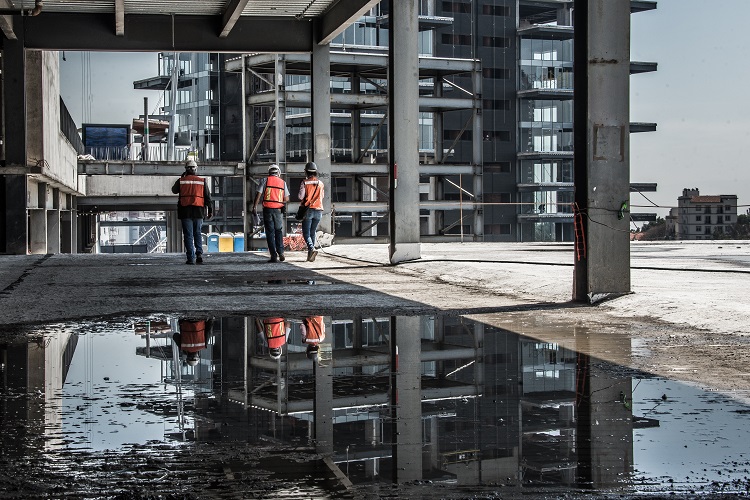Originally posted at Smorgasblurb.
Tourists flock to Lancaster County to experience the magic of this agrarian hotspot. Lumbering dairy cows, hard-working Amish farmers and roadside produce vendors breathe life into Pennsylvania Dutch Country. The picturesque farmland makes for more than great postcards, however. The land is Lancaster’s most-treasured asset. The rich soil and bountiful nutrients create the perfect environment for farmers. Most years. This summer was unkind.

The headlines on July 25 tell the story: “Extreme heat, lack of rain leaves Lancaster County’s crops withering in the fields.”
An unusually dry summer distorted Lancaster’s reliable farming formula: It was all sun and no rain. Farmers watched the forecast daily, hoping for movement on the weather radar. One month later, the radar exploded with action. Hurricane Irene and the drenching storms that followed brought record-setting rain.
When the rain came, I cheered for farmers! The inches of precipitation brought sustenance to the struggling soybean sprouts and browning cornfields that desperately needed it. Contrary to my intuition, however, the farmers did not echo my cheers.
Jeff Graybill, a Lancaster agricultural expert, reflected on the rains saying it was “…too dry in the summer, and now there is far too much moisture than we need.”
The overabundance of rain increased the chance of mold and diseases in crops and delayed farmers’ ability to plant fall crops. The same farmers who clamored for rain to come became desperate for the rain to stop. The much-needed gift arrived. But too much came and it came too fast. It was too much of a good thing.
During the summer of 2008, Michael Spraggins took a trip to Burundi. The trip sobered Michael, a successful entrepreneur from Orlando, as he immediately felt the pain of the African nation. All around he saw every sort of brokenness, but the healthcare issues especially gripped his heart.
The people of Burundi, like the crops in Lancaster, were dying. Burundi needed “rain.” The pains needed to be addressed. And here was the critical moment. The moment when Michael confronted a desperate situation and committed to act. The moment when emotion oftentrumps good judgment.
“I descended onto the Burundian tarmac with handful of ideas that promised to change the health prospects of the poor in one of the world’s poorest countries,” Michael reflected.
Michael, armed with a toolbox full of solutions, arrived in Burundi. But, here was the crux. In this moment, he balanced his passion with discretion. Before launching his ideas, Michael learned that “most of those ideas were wrong.”
Before firing up the fundraising engine and rallying the church troops, he paused. He knew that even good gifts like healthcare can be delivered in ways that create more problems than they solve. Michael admitted that his ideas might bring flash floods instead of needed water. So, he endeavored to ask hard questions, test his ideas, and find solutions that bring lasting impact, like the type of rain that grows crops. Rain that is steady and measured.
When Michael stepped back from the urgent pain, he was surprised to discover an existing solution. “An unforeseen outcome of our original sustainability thesis was that the church-based clinic outperformed our other pilot clinics in providing the highest quality of care, to the most people, at the cheapest cost.”
Church-based medical clinics were Burundi’s best-kept healthcare secret. They far outperformed their peers and simply needed to be multiplied. So, Michael decided to do this through his upstart organization, LifeNet International. He could have sent rain like Irene sent Lancaster’s farmers; rain that fell too hard and too fast. Instead, he chose the path lined with humility. And that path is leading to a fruitful crop for the people of Burundi.


